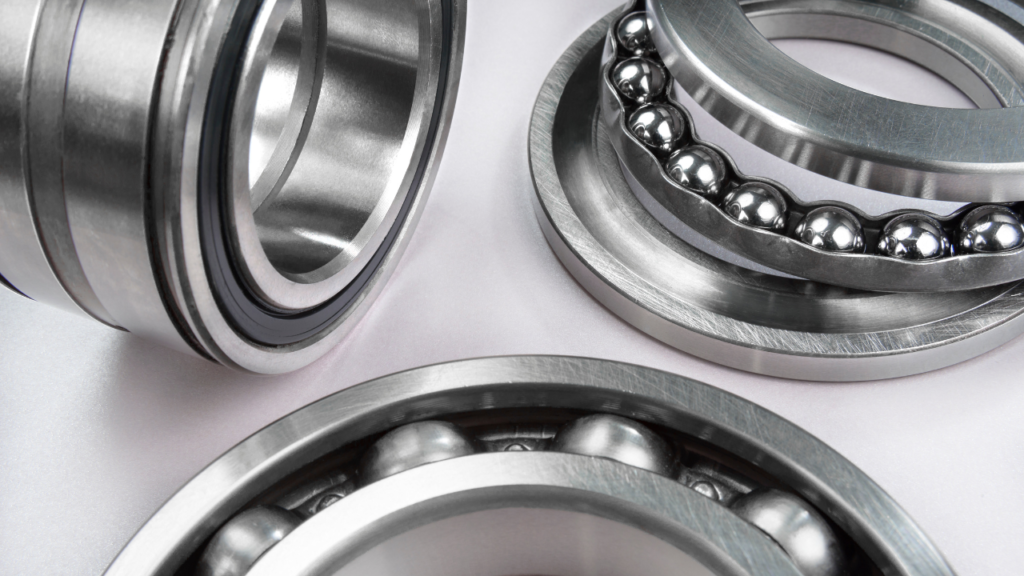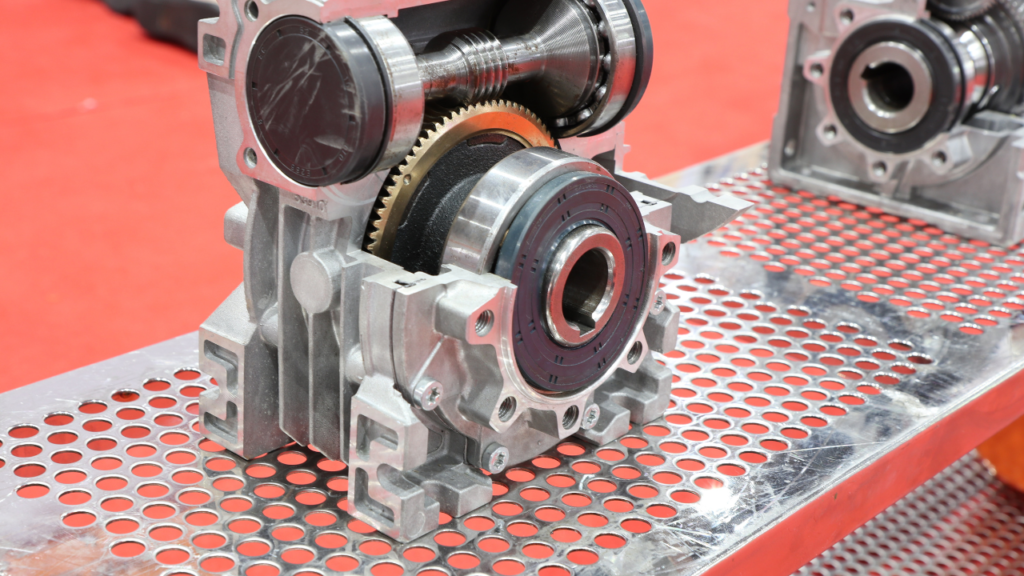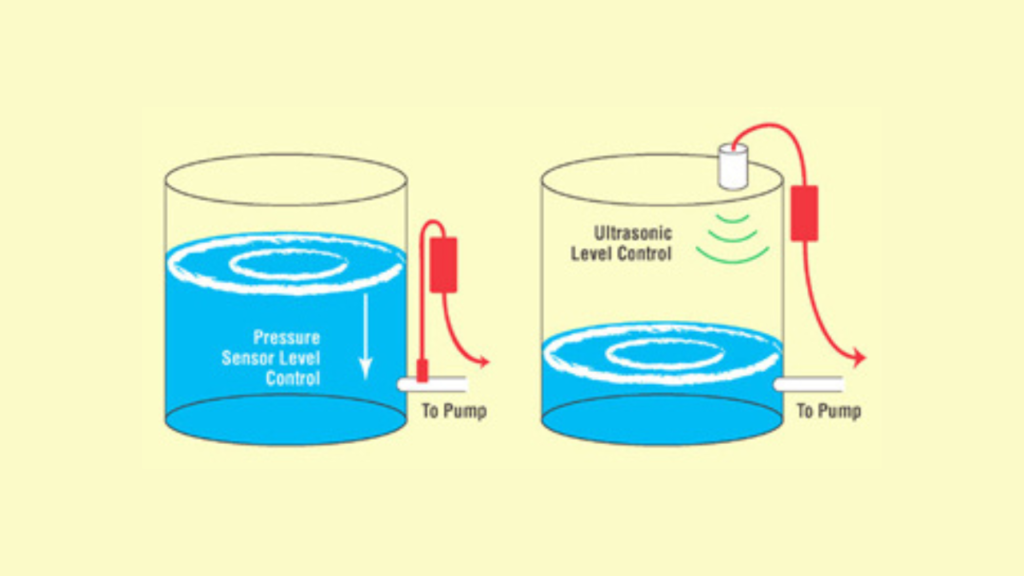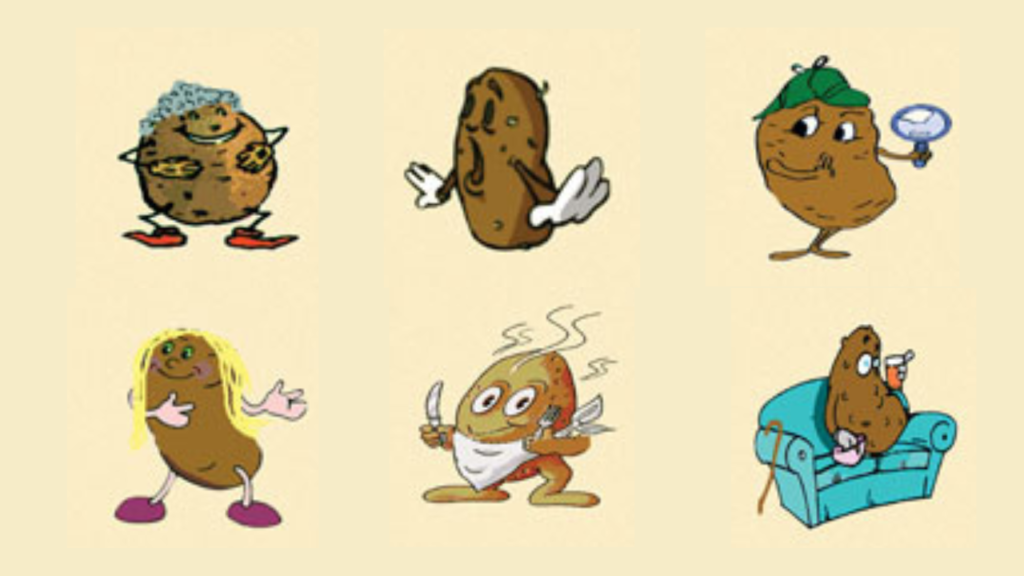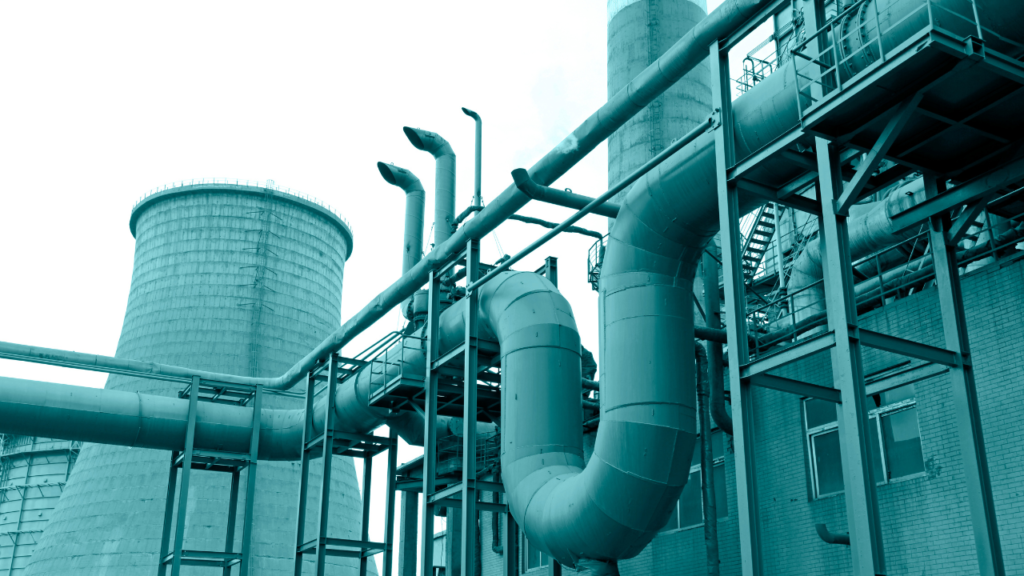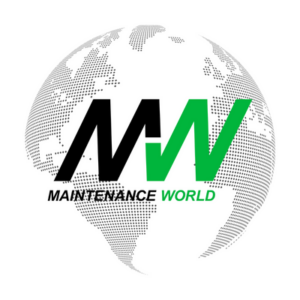
Skills Development of Craftspeople
Unless you’re lucky enough to own your own paper mill, chances are you sometimes have to live with management decisions that differ from those you might have made on your own. So let’s move forward and assume your company is going to implement pay-for-knowledge. It’s not all bad. Not only are there various ways to cut your potential losses; there are even some positive benefits you can achieve if you do things right.

